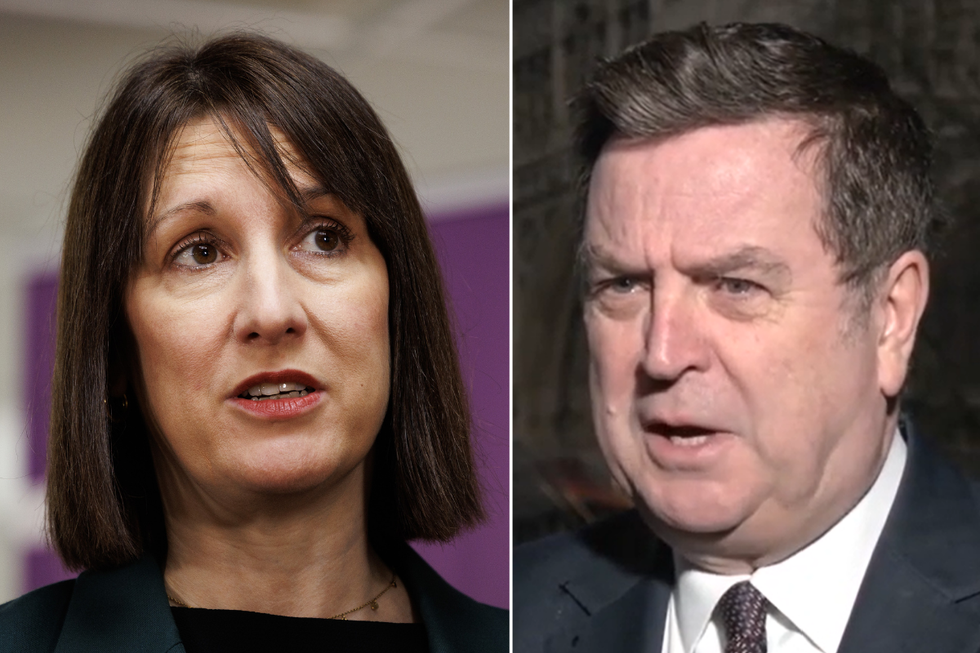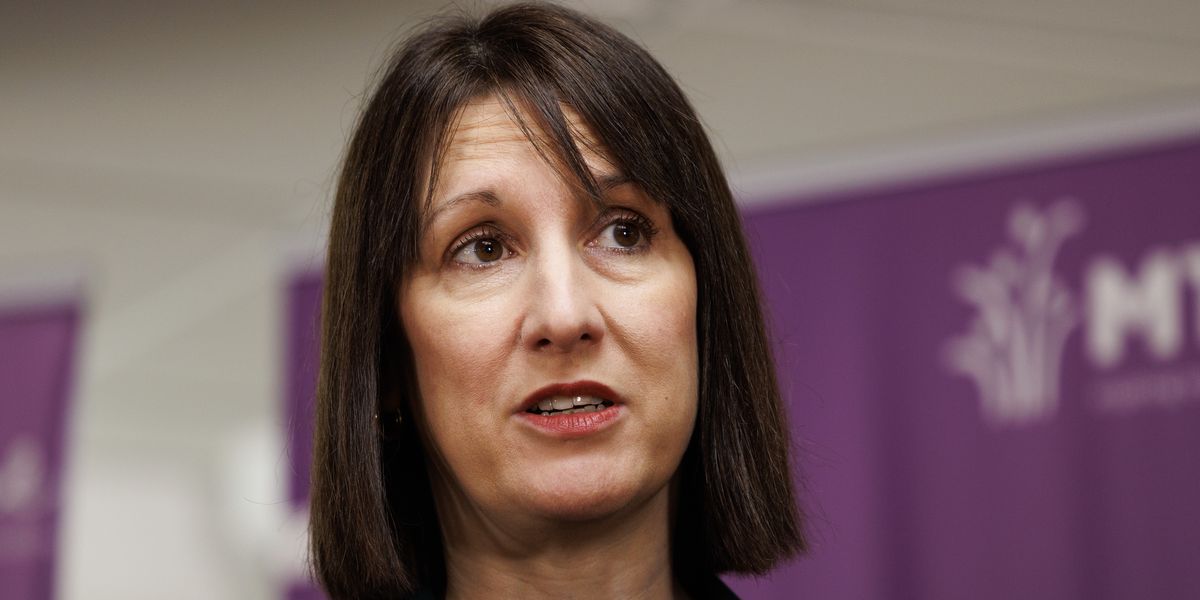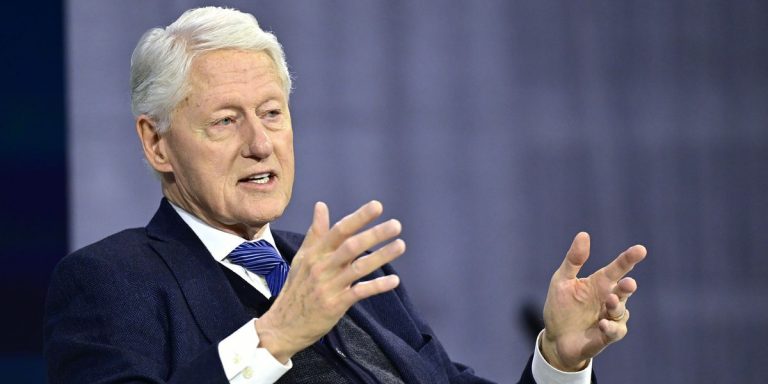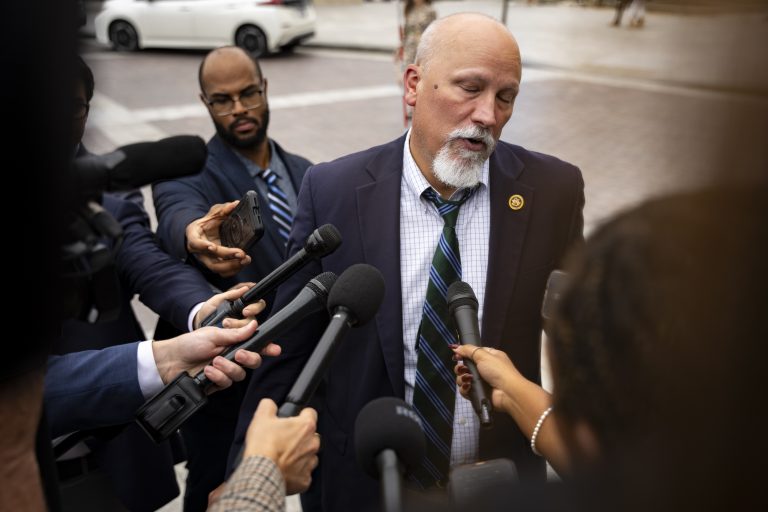Britain has been put on “recession watch” after the economy suffered due to anticipation ahead of Rachel Reeves’s Budget.
In the month ahead of the Budget – which “damaged sentiment” – the economy shrank by 0.1 per cent.
Julian Jessop – from the Institute of Economic Affairs – said: “The second successive monthly fall in economic activity in October should put the UK firmly on recession watch.
“The new Government’s negative rhetoric over summer and the anticipation of a tight Budget have damaged sentiment.”

Conservative shadow Chancellor Mel Stride said that Labour is “killing” growth
PA/GB NEWS
In the UK, two successive months of negative growth had not been seen since the pandemic in April 2020.
Following the news, Reeves admitted that the figures were “disappointing”, adding: “It’s not possible to turn around more than a decade of poor economic growth and stagnant living standards in just a few months”.
Shadow Chancellor Mel Stride said: “Labour’s talking down of the economy, hiking of taxes and loading up on red tape is killing growth.
“We all pay the price.”
LATEST NEWS:
The Chancellor was dealt a devastating blow from the Office for National Statistics on Friday morning when its latest figures showed a 0.1 per cent decline for the second time in a row since September.
Despite her party’s devout dedication to UK growth, she described the dire figures as “disappointing”, insisting that it was at the fault of the UK’s decade of poor growth.
She said: “The numbers on GDP are disappointing. But it’s not possible to turn around more than a decade of poor economic growth and stagnant living standards in just a few months.
“You’ll see from the plans we’ve been announcing whether that is the energy reforms we’ve published today, the reforms to build 1.5million homes that we published yesterday, the pensions reforms, the creation of a national wealth fund.”
“This Government are getting on with the job in improving economic growth and driving up living standards.”
 Rachel Reeves said the data was ‘disappointing’PA
Rachel Reeves said the data was ‘disappointing’PAThe UK will not have to endure poor economic performance on its own, as Germany’s economy is set to shrink for the second year in a row and will only grow at a gradual pace.
In his analysis, Jessop added: “Indeed, the manufacturing sector appears to be struggling even more in the rest of Europe, notably Germany and France.”
As Europe’s largest economy, Germany has predominantly relied on its manufacturing sector – primarily producing motor vehicles, including VWs, Audis, Porsches, BMWs and Mercedes.
However, Britain has a weaker manufacturing sector – an industry which brings in ample opportunity for expensive exports, as well as increased chances to open up more jobs and enhance British skills.


























+ There are no comments
Add yours